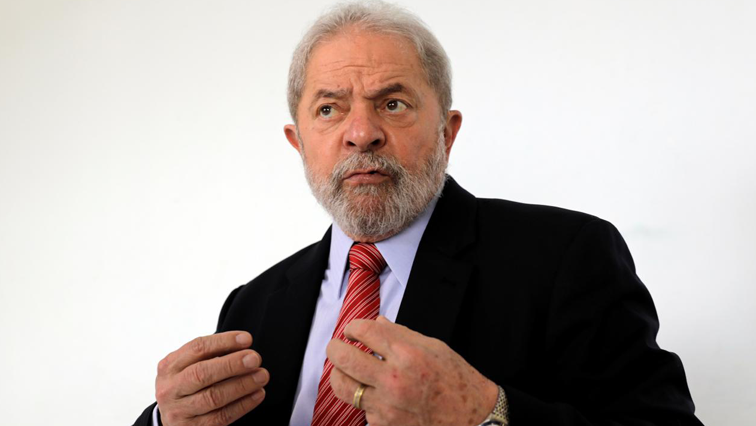Brazil’s Supreme Court on Thursday rejected former President Luiz Inacio Lula da Silva’s bid to delay a 12 year prison sentence for corruption in a ruling that could upend presidential elections in Latin America’s biggest country.
The 6-5 ruling means that Lula — who was Brazil’s most popular leader on record and is the frontrunner ahead of the October 7 polls — could be arrested within days.
The 11 judges deliberated for more than 10 hours from Wednesday into Thursday on Lula’s request to avoid going to prison while he mounts fresh appeals. At 5-5, it was court President Carmen Lucia who cast the tie-breaking vote, saying that postponing serving of sentences “could lead to impunity.”
Broadcast live on television, the drama left Brazilians as divided as the judges themselves, and raised questions over the state of the country’s democracy after the top army general appeared to urge prison for the 72-year-old founder of the leftist Workers’ Party.
On the right, Lula is considered the face of corruption sweeping the country’s political elite. His imprisonment has long been the goal of prosecutors running Brazil’s “Car Wash” anti-graft investigation and he is now their biggest scalp.
Leftists, however, remember Lula’s 2003-2010 rule as a time when Brazil used its wealth to lift tens of millions of people out of poverty.
For them, the entire corruption case is a sham cooked up by a judiciary giving major political figures accused of corruption on the right — including current President Michel Temer — an easier ride.
Those competing visions mirror the increasingly polarized election campaign in which a hard-right former army officer, Jair Bolsonaro, is currently second in the polls behind Lula, with centrists struggling to make ground.
Lula was sentenced to 12 years and one month prison after being convicted last year of accepting a seaside apartment as a bribe from a major construction company seeking government contracts. He appealed in a lower court but lost.
Under current law, that meant he should go immediately to prison, even while conducting further appeals in two higher courts. However, Lula applied to the Supreme Court for habeas corpus, allowing him to remain free during the appeals, potentially keeping him out of jail for a long period.
The Supreme Court’s deliberations on the sensitive case took place under extraordinary social and political pressure.






